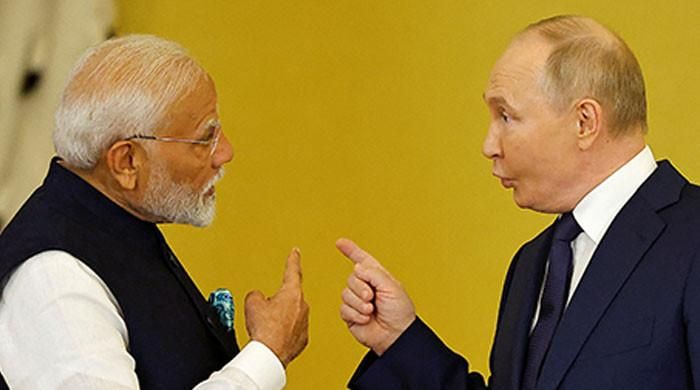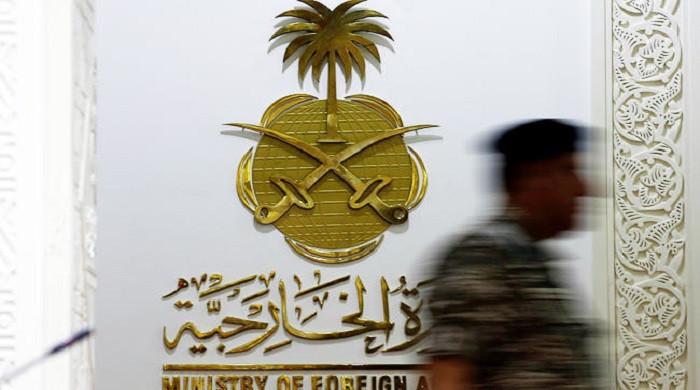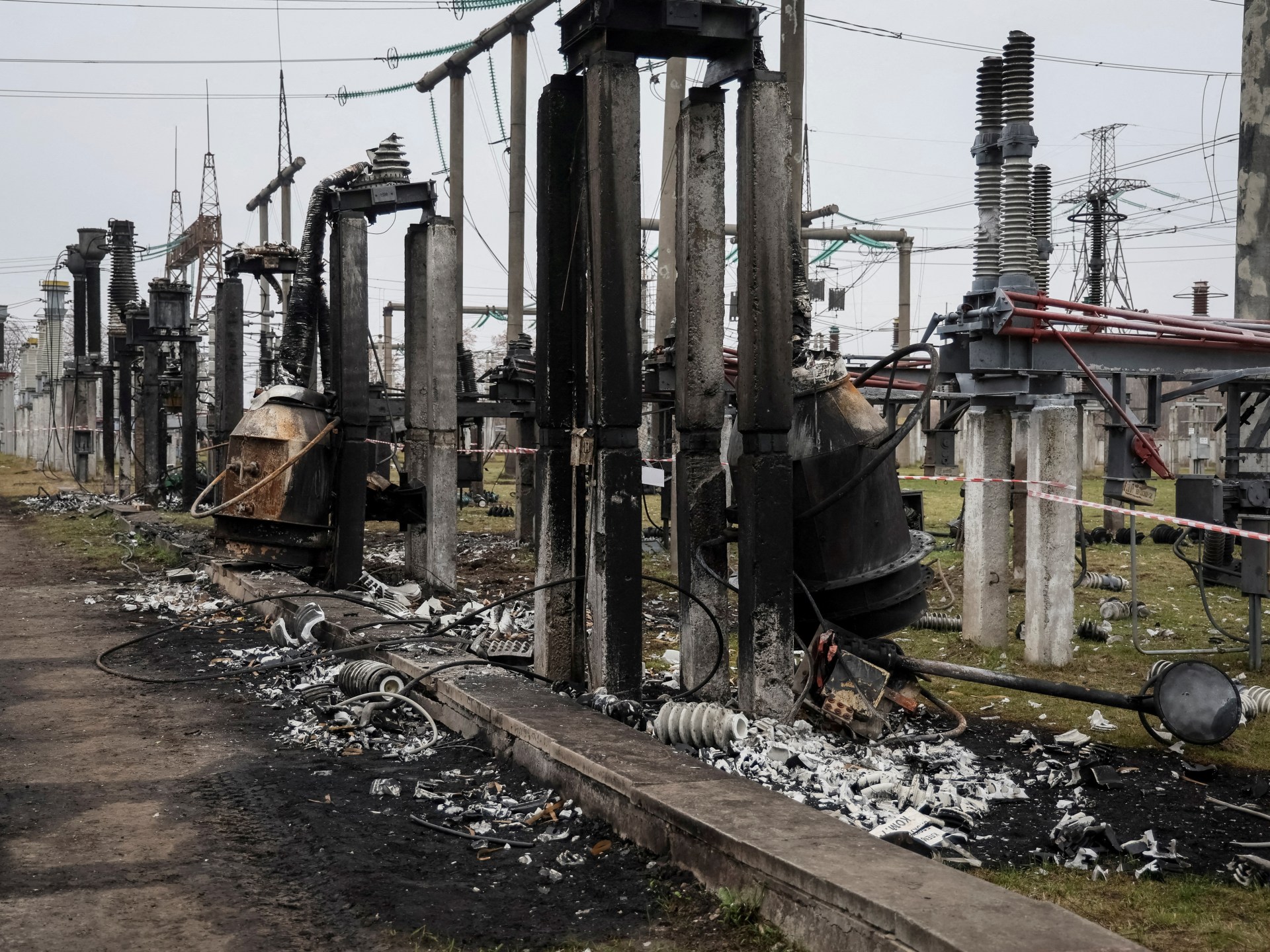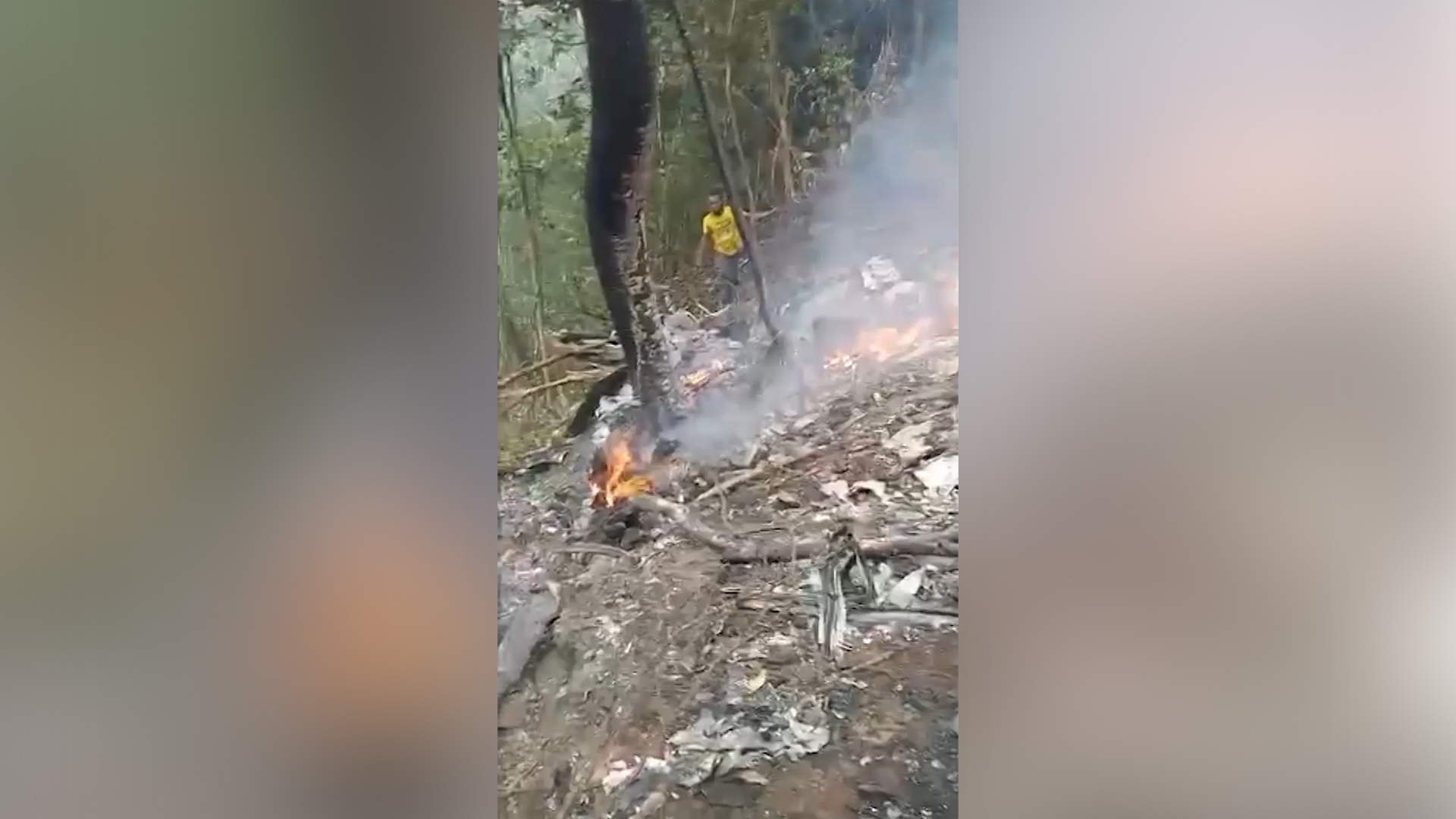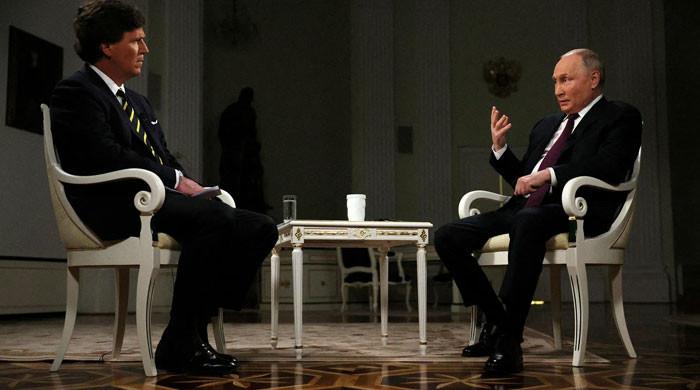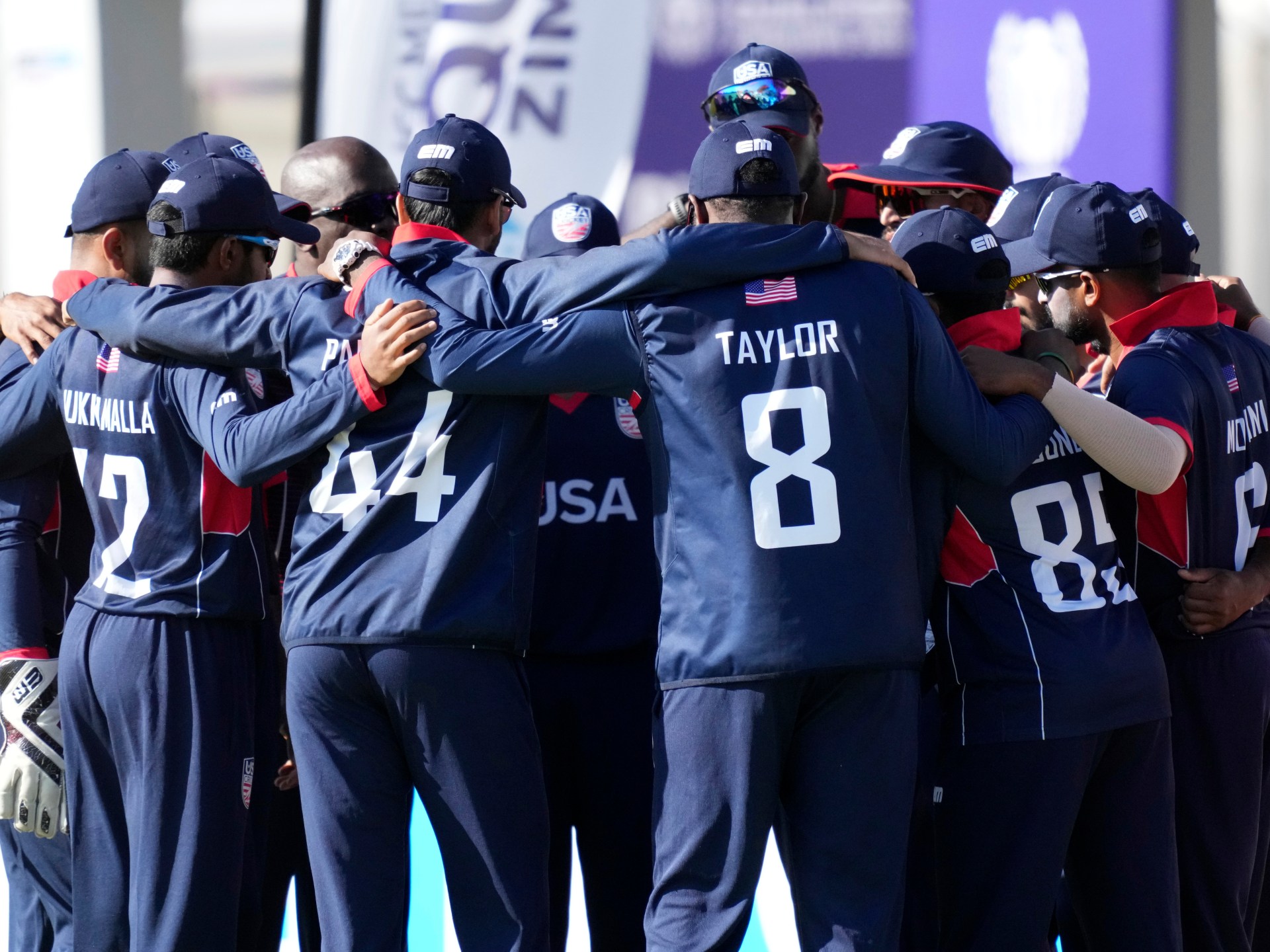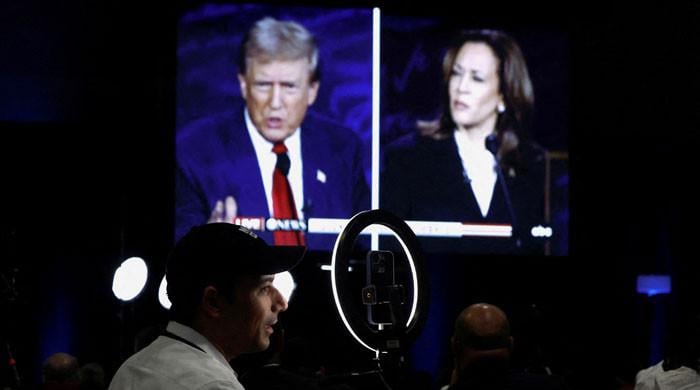- Modi lands in Moscow as tensions rise in Europe over the war in Ukraine.
- Indian PM discusses in detail conflict with Russian strongman
- He tells Putin that peace talks cannot succeed amid bombs, guns and bullets.
Indian Prime Minister Narendra Modi told President Vladimir Putin on Tuesday that “war cannot solve problems” and urged “peace through dialogue” on a trip to Moscow more than two years after the start of the offensive in Ukraine.
Modi landed in Moscow as tensions rose in Europe following a massive Russian missile barrage in Ukraine that kyiv said hit a children's hospital in the capital.
During his first meeting with Putin in Russia since the Kremlin launched its campaign in Ukraine, Modi said the conflict was discussed “openly and in detail.”
“When innocent children are killed, you see them dying, your heart aches and that pain is unbearable,” Modi told Putin in remarks in Hindi.
The Indian prime minister arrived in Moscow on Monday, hours after attacks that hit cities across Ukraine killed at least 38 people.
“I know that war cannot solve problems, solutions and peace talks cannot succeed amidst bombs, guns and bullets,” the Indian leader added.
“And we have to find a path to peace through dialogue,” he said.
On Monday evening, Modi was photographed hugging Putin at his country residence, prompting condemnation from Ukrainian President Volodymyr Zelensky.
He wrote on social media: “It is a huge disappointment and a devastating blow to peace efforts to see the leader of the world’s largest democracy embrace the world’s bloodiest criminal in Moscow on a day like this.”
In the Kremlin, Putin praised the “very long-standing friendship” between India and Russia and said they now enjoy a “particularly privileged strategic partnership.”
Putin thanked Modi for “the attention he pays to the most urgent problems” and said: “He is trying to find some ways to resolve the Ukrainian crisis as well, of course, primarily by peaceful means.”
However, Kremlin spokesman Dmitry Peskov later told Russian news agencies that Modi “does not intend to offer mediation efforts.”
Modi wrote in X that the talks were “productive” on “ways to diversify India-Russia cooperation in sectors such as trade, security, agriculture, technology and innovation.”
Putin then awarded Modi with the country's top civilian medal, the Order of St. Andrew the First-Called, and the leaders embraced again.
Russia is a vital supplier of cheap oil and weapons to India, but Moscow's isolation from the West and growing ties with Beijing have strained its partnership with New Delhi.
Modi is seeking to strengthen security ties with the West after returning to power last month as leader of the world's most populous country.
Western powers have also in recent years cultivated stronger relations with India as a hedge against China and its growing influence in the Asia-Pacific region, while putting pressure on New Delhi to distance itself from Russia.
On Monday, the United States urged Modi to make clear to Putin that “any resolution to the conflict in Ukraine must… be one that respects the United Nations Charter with respect to the territorial integrity of Ukraine.”
Modi last visited Russia in 2019 and welcomed Putin to the Indian capital two years later, weeks before Russia began its offensive against Ukraine.
Since then, India has largely avoided explicitly condemning Russia and has abstained on United Nations resolutions targeting the Kremlin.
Weapons and oil
But Russia's fight with Ukraine has also come at a human cost for India.
In February, New Delhi said it was pressing Moscow to return several of its citizens who had signed up for “support work” in the Russian military, following reports that some had died after being forced to fight in Ukraine. Putin and Modi have not commented publicly on the matter.
New Delhi and Russia have had close ties dating back to the Cold War, when the Kremlin became a key arms supplier to the country.
But Ukraine has depleted Russia's arms supplies, pushing India to look for other sources of weapons, including developing its own defense industry.
Russia's share of Indian arms imports has declined significantly in recent years, according to the Stockholm International Peace Research Institute.
At the same time, India has emerged as a major buyer of Russian crude, providing a much-needed export market for Russia after traditional buyers in Europe abandoned it.
This has dramatically reconfigured their economic ties, allowing India to save billions of dollars while bolstering Moscow's war chest.
India’s monthly imports of Russian crude “rose eight percent in May to the highest levels since July 2023,” according to commodity tracking data compiled by the Center for Energy and Clean Air Research.
But this has also caused India's trade deficit with Russia to widen to just over $57 billion in the last financial year.
From Russia, Modi will travel to Vienna for the first visit to the Austrian capital by an Indian leader since Indira Gandhi in 1983.

